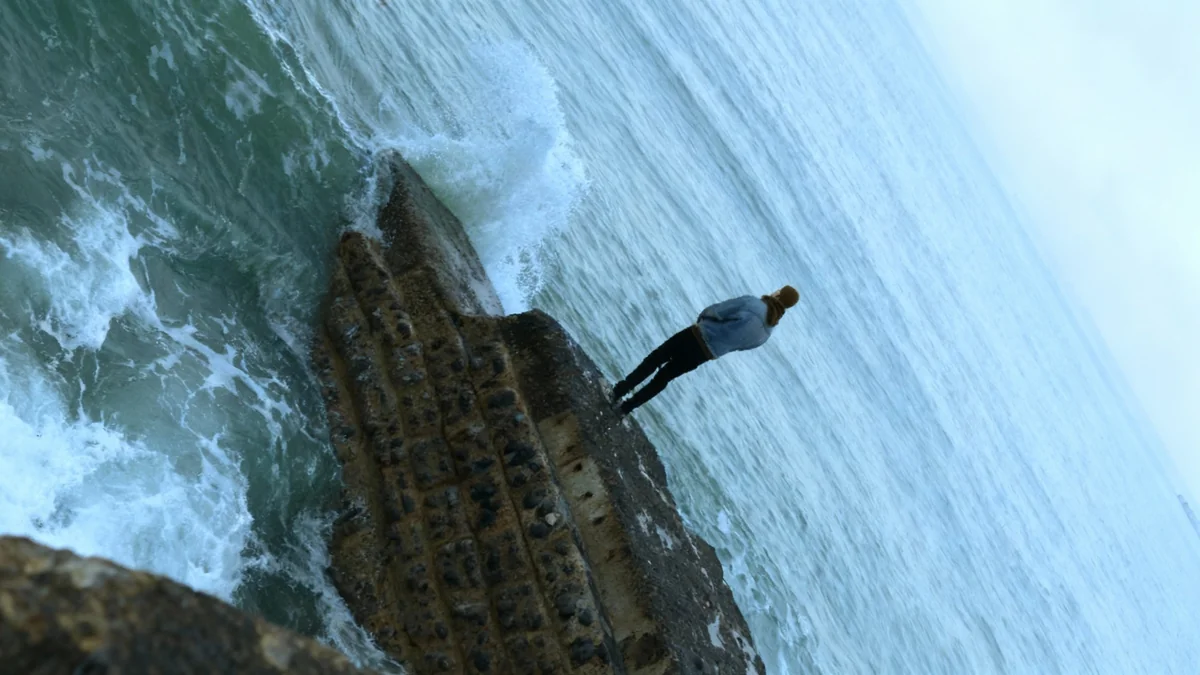The Permanente Medical Group (TPMG) has developed a specialized well-being initiative to address burnout among physicians in high-stress, 24/7 specialties. The Physician Healing and Restoration Program uses multi-day residential retreats to provide doctors with dedicated time for rest, reflection, and professional reconnection, yielding highly positive results from its participants.
Over the past three years, the program has hosted 13 retreats for more than 800 physicians. A recent survey indicated that 98% of participants found the experience extremely or very valuable for their well-being, highlighting the effectiveness of its tailored approach.
Key Takeaways
- The Permanente Medical Group created the Physician Healing and Restoration Program to combat burnout in demanding medical specialties.
- The program consists of multi-day residential retreats that combine professional education with restorative activities and unstructured time.
- Over 800 physicians have participated, with 98% reporting the program as highly valuable to their well-being.
- The initiative specifically targets physicians in fields like emergency medicine and critical care, whose schedules often prevent participation in standard wellness programs.
- TPMG plans to expand the program to include other physician groups, such as those in mid-career stages.
Addressing a Critical Need in Medicine
Physicians, particularly those in specialties that require round-the-clock availability, face unique challenges that contribute to high rates of burnout. Fields such as critical care, emergency medicine, anesthesiology, and hospital-based medicine involve unpredictable schedules and intense stressors, making it difficult to maintain work-life harmony.
Recognizing these systemic pressures, The Permanente Medical Group, which employs around 10,000 physicians, sought to create a solution that goes beyond traditional wellness workshops. Standard programs offered during business hours are often inaccessible to doctors with overnight shifts and erratic calls.
Dr. Amanjot Sethi, a urologist and director of wellness operations at TPMG, explained the dual responsibility during a presentation at the 2025 American Conference on Physician Health. He noted the organization's role in addressing system-level drivers of burnout while also supporting individual well-being.
"We owe it to ourselves as individuals and physicians, our loved ones and our patients to make sure we’re taking care of our own well-being. It’s especially hard for physicians," Dr. Sethi stated. "And we want to help our physicians with this part too."
A Tailored Solution for 24/7 Specialists
The solution was the Physician Healing and Restoration Program, a series of residential retreats designed to give specialists a genuine opportunity to disconnect from clinical duties. The program was developed for a group of more than 2,400 physicians in these demanding fields.
"We had to address the needs of various specialties and that required acknowledging the real-world challenges that make it hard for those physicians to participate," Dr. Sethi added. He emphasized that tailoring the program to these realities was as crucial as the content itself.
Designing a Program for Restoration
To create an effective and immersive experience, TPMG partnered with 1440 Multiversity, a nonprofit organization that specializes in providing restorative programs for healthcare workers, first responders, and other frontline professionals.
About 1440 Multiversity
1440 Multiversity is a nonprofit learning destination located in the California redwood forest. Its mission is to offer experiences that allow professionals in high-stress fields to find rest and reconnection. The name refers to the 1440 minutes in each day, encouraging participants to be present.
Rae Oser, PhD, senior director of physician wellness at TPMG, described the partner organization as one that "bears witness and holds sacred people who need restoration and healing." The collaboration resulted in a program that balances professional development with personal renewal.
The retreats are not structured like typical medical conferences. While they include Continuing Medical Education (CME) sessions focused on community building and emotional health, a significant portion of the schedule is dedicated to experiential activities and rest.
- Experiential Sessions: Participants can engage in activities like tai chi, sound journeys, and guided forest hikes.
- Unstructured Time: The schedule intentionally includes free time for physicians to relax, connect with colleagues, or enjoy the natural surroundings.
- Confidential Environment: The retreats are designed as a safe "container" where attendees, including participating physician leaders, can speak openly and confidentially.
"Not every single moment is scheduled and that is deliberate," Oser explained. "We allow free time between CME and scheduled activities for physicians to enjoy the surrounding nature and connect with one another." This approach acknowledges that rest is a critical component of recovery from burnout.
Measuring the Program's Impact
The Physician Healing and Restoration Program has been met with strong demand and positive feedback. Over its first three years, TPMG organized 13 retreats, with the most recent events reaching full capacity. More than 800 physicians have attended so far.
Program by the Numbers
- 13 retreats held over three years.
- 800+ physician participants to date.
- 98% of respondents found the program extremely or very valuable.
- The program targets a cohort of over 2,400 physicians in 24/7 specialties.
Feedback from attendees reveals a profound impact on their personal and professional lives. Many expressed surprise at how much they needed the break. Common themes in participant feedback include a renewed connection with colleagues, a greater sense of self-compassion, and a rediscovery of their purpose in medicine.
One participant shared, "It reminded me of the gift it is to be part of TPMG and the gratitude I have for my colleagues." Another noted, "I am going back to my routines not just restored, but with a wealth of new tools to help me succeed personally and professionally."
Translating Retreats into Daily Practice
The benefits of the program extend beyond the retreat itself. According to TPMG, many physicians report implementing new habits into their daily routines. These changes include sharing more openly with colleagues, starting a meditation practice, or learning to pause before reacting during stressful situations at work.
Oser described this as the start of a "virtuous cycle," where physicians' improved self-regulation positively affects their interactions with colleagues and patients. This outcome underscores the program's success in providing practical tools, not just a temporary escape.
The Future of Physician Well-Being
With the program's proven success, TPMG is committed to sustaining and expanding its well-being initiatives. The organization is already planning to offer the retreats to other groups, such as mid-career physicians who may face different professional pressures.
"We don’t want this to be a one-and-done," said Oser. "We’re looking at ways to help physicians feel valued through recognition, professional development and creative problem-solving. And we’re not going to give up on investing in our people."
Dr. Sethi affirmed this long-term commitment, stating that supporting physician wellness is a necessity, not a trend. He believes that by listening to frontline physicians and designing practical, relevant programs, healthcare organizations can effectively combat burnout.
TPMG also hopes its model can influence the broader national conversation about physician burnout, which is often linked to professional isolation and loneliness. By fostering reconnection, the program not only supports physicians but also strengthens the quality of patient care.
"By investing in ways to reconnect physicians with each other, we are not only helping them feel valued but also strengthening the quality of care delivered to patients," Oser concluded. "These lessons are relevant far beyond Northern California."





